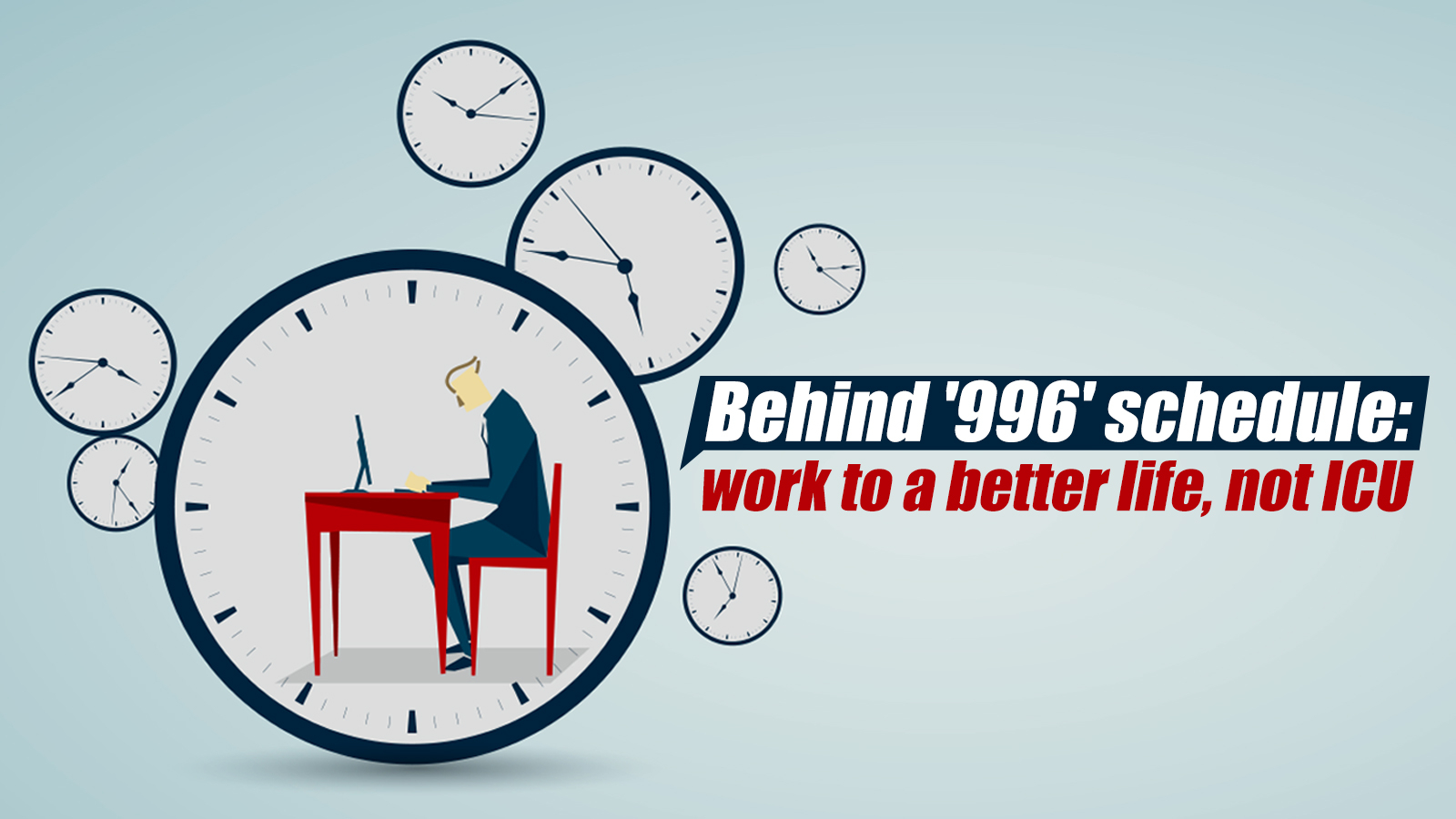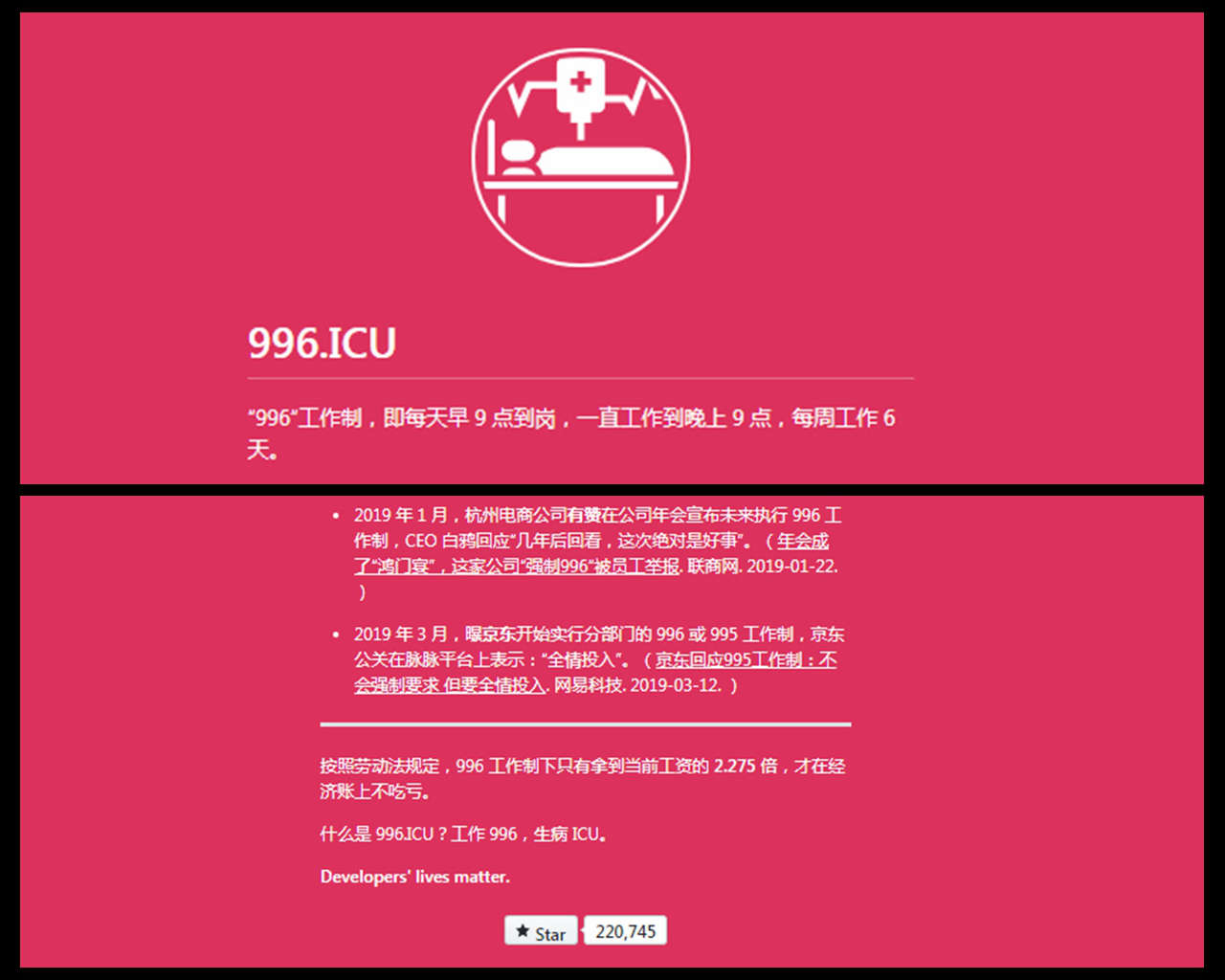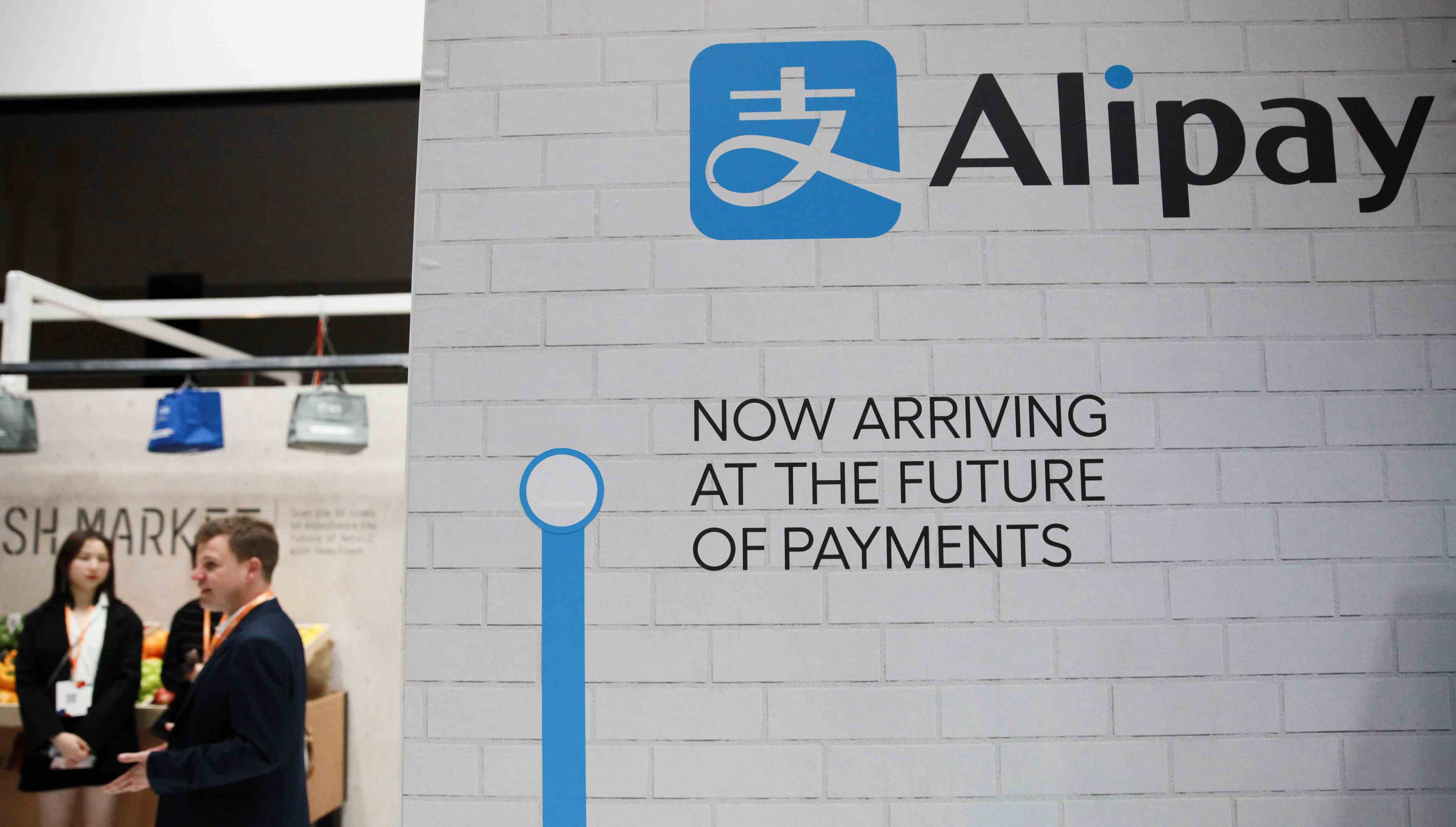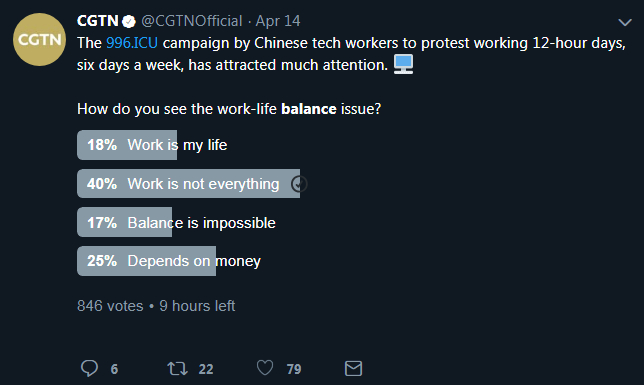In an industry built on fun, some employees are pushed to their breaking point

Canadian video game designer Osama Dorias works at
his computer with his son sleeping on his shoulder
in this picture from 2008. (Osama Dorias)
EUGENE'S NOTE:
EUGENE'S NOTE:
THE ORIGINAL ARTICLE CONTAINS VIDEO'S NOT AVAILABLE HERE
It was Osama Dorias's first job in the video game industry.
He was thrilled to be working as a designer with a company in Montreal.
Then he got his first real taste of what's known in the business as "crunch" — when a team crams for weeks or even months to complete a game in time for its scheduled release."Seven days a week, between 14- and 16-hour days," he recently told CBC News of that experience back in 2008.
The punishing schedule went on for three months.
Dorias's first son had just been born, but he was working every day from 8 a.m. until it was time to catch the last subway ride home.
Watch: Video game designer Osama Dorias describes the toll of working 16-hour days to finish a game on deadline.

'I had to learn how to be human again.' The toll of video game crunch
Video game designer Osama Dorias describes the personal toll of working extreme overtime a.k.a. "crunch."3:10
One day, while on a diaper run, he had a breakdown in a drugstore. In tears, he called his friend.
"My mind was racing and I didn't know what to do. I didn't know how to live and I didn't know how to tell him I'd left the house without asking what size diapers my son wore."
Dorias had no idea about the proper size because he was rarely home.
When the game was finally completed, he got a few days off and a thank-you note, but no overtime pay. Welcome to crunch in the gaming industry. It's a long-standing feature of the sector's workplace culture, but the calls for change are getting louder.
Big business, bad habits
The video game industry long ago powered up from basement workshops to big business. The multiplayer game Fortnite now competes with Netflix in terms of the number of eyeballs they attract. In 2018, revenue for the U.S. gaming industry reached a new high score of $43.4 billion — far surpassing the film industry.
With big-name companies such as Ubisoft and BioWare, Canada is a major player — the world's third largest producer of video games, behind the U.S. and Japan.

Elbi@derElbi
Managers: "This game isn't doing well! The only way to save it is to crunch!"
Managers: "This game is doing incredibly well! The only way to keep up with the demand is to crunch!"
Yet devs still sacrifice mental & physical health for bosses earning 1.000x their wage
It was Osama Dorias's first job in the video game industry.
He was thrilled to be working as a designer with a company in Montreal.
Then he got his first real taste of what's known in the business as "crunch" — when a team crams for weeks or even months to complete a game in time for its scheduled release."Seven days a week, between 14- and 16-hour days," he recently told CBC News of that experience back in 2008.
The punishing schedule went on for three months.
Dorias's first son had just been born, but he was working every day from 8 a.m. until it was time to catch the last subway ride home.
Watch: Video game designer Osama Dorias describes the toll of working 16-hour days to finish a game on deadline.

'I had to learn how to be human again.' The toll of video game crunch
Video game designer Osama Dorias describes the personal toll of working extreme overtime a.k.a. "crunch."3:10
One day, while on a diaper run, he had a breakdown in a drugstore. In tears, he called his friend.
"My mind was racing and I didn't know what to do. I didn't know how to live and I didn't know how to tell him I'd left the house without asking what size diapers my son wore."
Dorias had no idea about the proper size because he was rarely home.
When the game was finally completed, he got a few days off and a thank-you note, but no overtime pay. Welcome to crunch in the gaming industry. It's a long-standing feature of the sector's workplace culture, but the calls for change are getting louder.
Big business, bad habits
The video game industry long ago powered up from basement workshops to big business. The multiplayer game Fortnite now competes with Netflix in terms of the number of eyeballs they attract. In 2018, revenue for the U.S. gaming industry reached a new high score of $43.4 billion — far surpassing the film industry.
With big-name companies such as Ubisoft and BioWare, Canada is a major player — the world's third largest producer of video games, behind the U.S. and Japan.

Elbi@derElbi
Managers: "This game isn't doing well! The only way to save it is to crunch!"
Managers: "This game is doing incredibly well! The only way to keep up with the demand is to crunch!"
Yet devs still sacrifice mental & physical health for bosses earning 1.000x their wage

Polygon
✔@Polygon
How Fortnite’s success led to months of intense crunch at Epic Games https://www.polygon.com/2019/4/23/18507750/fortnite-work-crunch-epic-games?utm_campaign=polygon&utm_content=chorus&utm_medium=social&utm_source=twitter …

9:16 AM - Apr 23, 2019
Twitter Ads info and privacy
But as the industry grows, crunch appears to be a bad habit that some companies have yet to break.
Part of the problem is that the practice of pulling all-night coding sessions is baked into the DNA of video game creation.
A 2017 survey by the International Game Developers Association found 53 per cent of employees said crunch was expected at their workplace.
Recent news reports also suggest crunch is still common. Earlier this week, the gaming website Polygon reported that workers at Epic Games in Cary, N.C., are allegedly toiling for brutally long hours on the hit game Fortnite.
In the piece, the company says its success has put added demands on its team, but it is hiring more staff and improving its planning process to reduce the workload.
Allegations of crunch also became part of the narrative of what went wrong with the new BioWare game Anthem. After the much-anticipated title debuted to low ratings, the gaming news site Kotaku published an article describing what appeared to be a troubled development process. Citing numerous anonymous sources, Kotaku reported on instances of crunch and how some employees were put on doctor-mandated stress leave.
The Edmonton-based company quickly responded to the story in a blog post. "We put a lot of focus on better planning to avoid 'crunch time,'" the statement says.
"The health and well-being of our team members is something we take very seriously."
Crunch culture takes a toll
Dave Chan, an audio designer who worked with BioWare beginning in the late 1990s, says the industry has a big problem with "wearing fatigue and overwork as a badge of honour."
He remembers enduring months of what he called "death march crunch," consisting of 12- to 16-hour days, seven days a week.
He says at one point an executive asked him how he was doing. "I told him I was on the verge of a nervous breakdown and almost lost my marriage."
Chan says he was always running on empty, and that crunch was part of the reason he left the company in 2004.

Dave Chan worked at BioWare in Edmonton.
He says crunch brought him to 'the verge
of a nervous breakdown.' These days he's
a biweekly columnist on video games fo
CBC Edmonton's Radio Active show.(CBC)
But some managers see a place for crunch.
Former BioWare co-founder Trent Oster, who was with the company for 15 years, remembers working 212 hours in the final two weeks before the game Neverwinter Nights shipped.
He says crunch can be valuable in short spurts.

But some managers see a place for crunch.
Former BioWare co-founder Trent Oster, who was with the company for 15 years, remembers working 212 hours in the final two weeks before the game Neverwinter Nights shipped.
He says crunch can be valuable in short spurts.

Trent Oster, right, is CEO of Edmonton's independent video game company Beamdog. He co-founded BioWare in 1995. (CBC)
"When it first happens, it's really empowering because you're letting all the excess details of your work life disappear and you're focusing in on the core problems."
But when weeks become months, the value of crunch plummets.
"You're sitting at your desk for 12 hours a day, but you're getting eight hours of work done," he said. "Then you're sitting 14 hours a day to get eight hours of work done."
Oster says while he was working at BioWare they actively tried to avoid crunch. If crunch is required, he says, it's because something has gone wrong.
"Crunch is a disaster-mitigation strategy. When things have gotten so sideways it's like, 'Oh my God, this is on the edge of failure.'"
Watch: Trent Oster breaks down the pros and cons of crunch.

Video game creator Trent Oster explains the pros and cons of crunch. 0:55
According to Oster, another part of the problem is the pressure from shareholders looking to see if the company can deliver what it promised.
"These are publicly traded companies. They have earnings obligations. They put products into a kind of timeline and they're under a lot of pressure to hit those timelines."
Oster left BioWare in 2009, long before Anthem was released.
Do you work in the gaming industry and have experiences with crunch? Contact Eli Glasner at eli.glasner@cbc.ca
At his new company, Beamdog, they keep crunch to a minimum of a few weeks and staff are paid when they work overtime.
CBC News reached out to BioWare and many of Canada's top gaming companies for comment on crunch. None would talk to us.
Many of the gaming employees who spoke with CBC News and shared concerns about their work conditions were afraid to go public for fear of being fired or blacklisted by employers.
The crunch pushback begins
But some creators who have been caught in the crunch are taking a stand.
At last month's Game Developers Conference in San Francisco, talk about crunch took centre stage.
One of the hosts, narrative designer Meg Jayanth, spoke passionately about how she'd suffered as a result of crunching.

Game Workers Unite

 @GameWorkers
@GameWorkers
· Mar 21, 2019
If you missed the #IGF and #GDCAwards last night, you should really go back and watch. We'll highlight some of the best parts.

Game Workers Unite

 @GameWorkers
@GameWorkers
We thought @betterthemask was an absolutely killer host. Dropping truth all night about the need to deroot white supremacists from our communities and improve our industry with worker power and collective action! pic.twitter.com/JRdCWnwgGI
597
11:24 AM - Mar 21, 2019
Twitter Ads info and privacy

189 people are talking about this
On the conference floor, the pro-unionization movement Game Workers Unite held a panel touting the benefits of collective bargaining.
Chapters of GWU are gaining new members in Montreal, Toronto and Vancouver. Again, supporters who shared their experiences with CBC News said they were worried about speaking publicly.
Daniel Joseph, a post-doctoral fellow at the University of Toronto working with GWU, says interest in unionization is growing as crunch culture forces more and more people out of the industry they love.
"When people hit 35, they leave the industry because they can't keep up with the amount of work that's required, while [companies] exploit the passion of young workers who've always wanted to make games."
These days, Edmonton's Dave Chan channels his passion for gaming into his CBC Radio column. He believes unionization will happen "when the meat grinder of development stops being fed by college graduates or when it stops being economically viable to run things this way."

"When it first happens, it's really empowering because you're letting all the excess details of your work life disappear and you're focusing in on the core problems."
But when weeks become months, the value of crunch plummets.
"You're sitting at your desk for 12 hours a day, but you're getting eight hours of work done," he said. "Then you're sitting 14 hours a day to get eight hours of work done."
Oster says while he was working at BioWare they actively tried to avoid crunch. If crunch is required, he says, it's because something has gone wrong.
"Crunch is a disaster-mitigation strategy. When things have gotten so sideways it's like, 'Oh my God, this is on the edge of failure.'"
Watch: Trent Oster breaks down the pros and cons of crunch.

Video game creator Trent Oster explains the pros and cons of crunch. 0:55
According to Oster, another part of the problem is the pressure from shareholders looking to see if the company can deliver what it promised.
"These are publicly traded companies. They have earnings obligations. They put products into a kind of timeline and they're under a lot of pressure to hit those timelines."
Oster left BioWare in 2009, long before Anthem was released.
Do you work in the gaming industry and have experiences with crunch? Contact Eli Glasner at eli.glasner@cbc.ca
At his new company, Beamdog, they keep crunch to a minimum of a few weeks and staff are paid when they work overtime.
CBC News reached out to BioWare and many of Canada's top gaming companies for comment on crunch. None would talk to us.
Many of the gaming employees who spoke with CBC News and shared concerns about their work conditions were afraid to go public for fear of being fired or blacklisted by employers.
The crunch pushback begins
But some creators who have been caught in the crunch are taking a stand.
At last month's Game Developers Conference in San Francisco, talk about crunch took centre stage.
One of the hosts, narrative designer Meg Jayanth, spoke passionately about how she'd suffered as a result of crunching.

Game Workers Unite


 @GameWorkers
@GameWorkers · Mar 21, 2019
If you missed the #IGF and #GDCAwards last night, you should really go back and watch. We'll highlight some of the best parts.

Game Workers Unite


 @GameWorkers
@GameWorkers We thought @betterthemask was an absolutely killer host. Dropping truth all night about the need to deroot white supremacists from our communities and improve our industry with worker power and collective action! pic.twitter.com/JRdCWnwgGI
597
11:24 AM - Mar 21, 2019
Twitter Ads info and privacy

189 people are talking about this
On the conference floor, the pro-unionization movement Game Workers Unite held a panel touting the benefits of collective bargaining.
Chapters of GWU are gaining new members in Montreal, Toronto and Vancouver. Again, supporters who shared their experiences with CBC News said they were worried about speaking publicly.
Daniel Joseph, a post-doctoral fellow at the University of Toronto working with GWU, says interest in unionization is growing as crunch culture forces more and more people out of the industry they love.
"When people hit 35, they leave the industry because they can't keep up with the amount of work that's required, while [companies] exploit the passion of young workers who've always wanted to make games."
These days, Edmonton's Dave Chan channels his passion for gaming into his CBC Radio column. He believes unionization will happen "when the meat grinder of development stops being fed by college graduates or when it stops being economically viable to run things this way."

Osama Dorias has more time to spend with his
video-game loving family now that he found a
 |
| https://plawiuk.blogspot.com/2019/04/domestic-1401-16-apr-2019-behind-996.html |
In Montreal, Osama Dorias is now the lead game designer at Warner Brothers Games, where he says there is a no-crunch policy.
Dorias feels the anti-crunch conversation is getting louder — and he hopes more companies are listening.
From how we think about our jobs to where and when we do them — the stress of modern work is affecting Canadians in a lot of ways and across industries.
This week, CBC News — led by The National — takes a look at the forces behind this stress and the ways we can avoid burning out. We'll examine new approaches to productivity and creativity, how we structure shift work, the mental health effects of telecommuting and what Canada can learn from other countries.
For more on our series "Burnout: Stress At Work", watch The National or read more at CBCNews.ca.
ABOUT THE AUTHOR

Eli Glasner
Entertainment reporter and film critic
Eli Glasner is a national entertainment reporter and film critic for CBC News. Each Friday he reviews films on CBC News Network as well as appearing on CBC radio programs coast to coast. Covering culture has taken him from the northern tip of Moosonee, Ont. to the Oscars red carpet.















